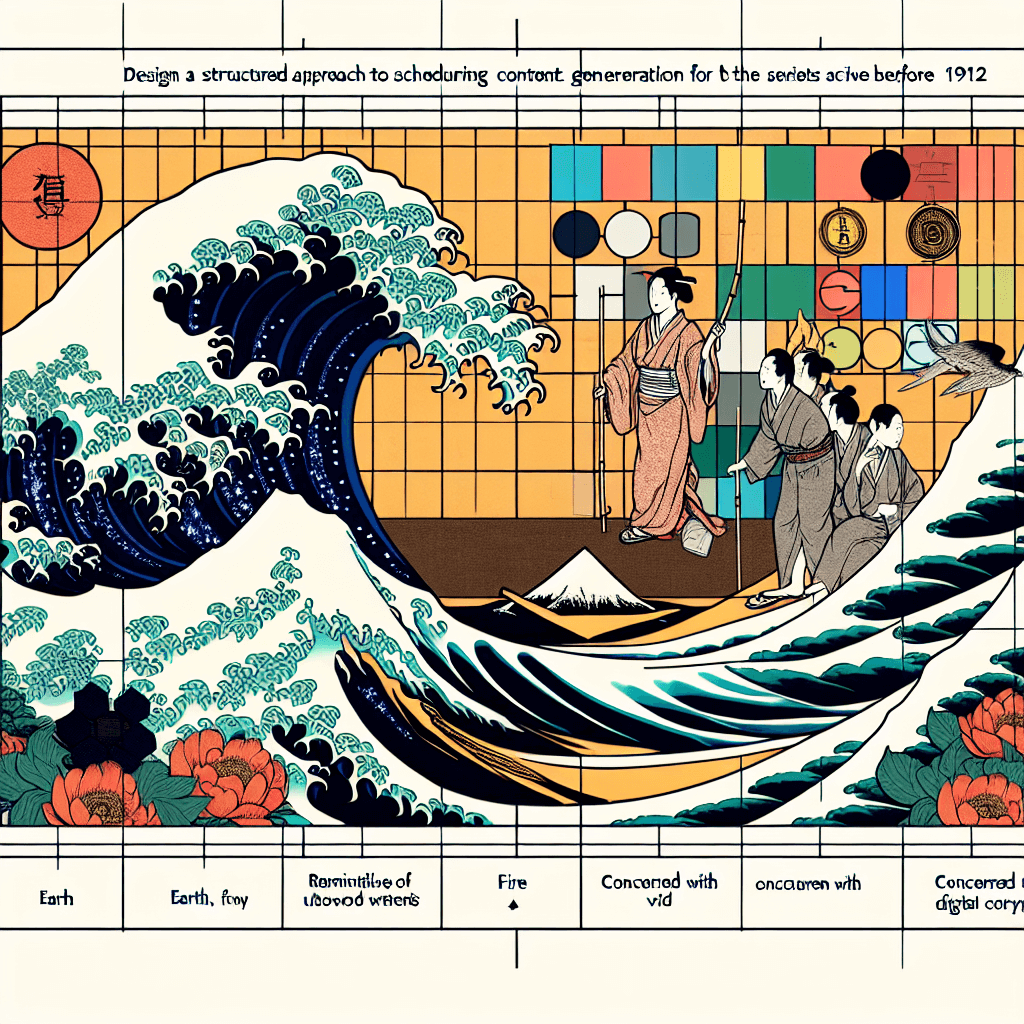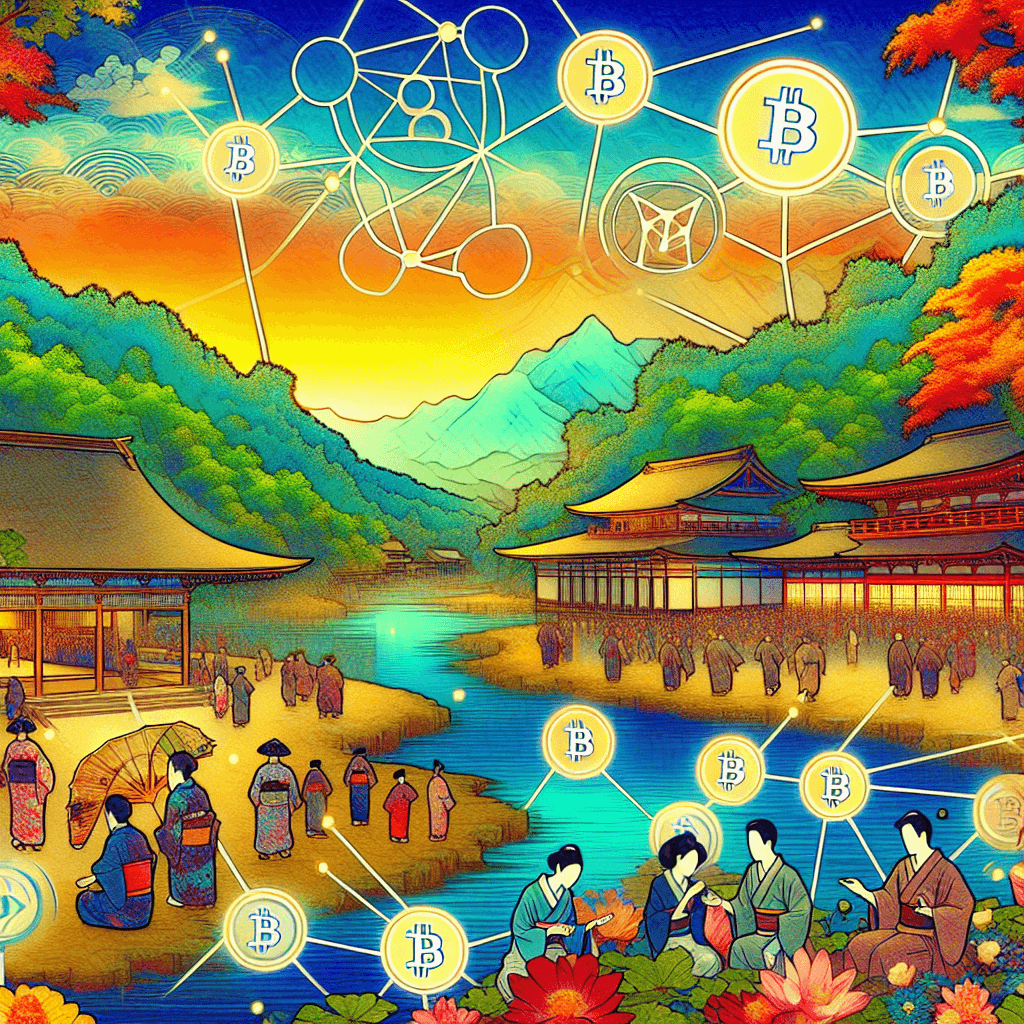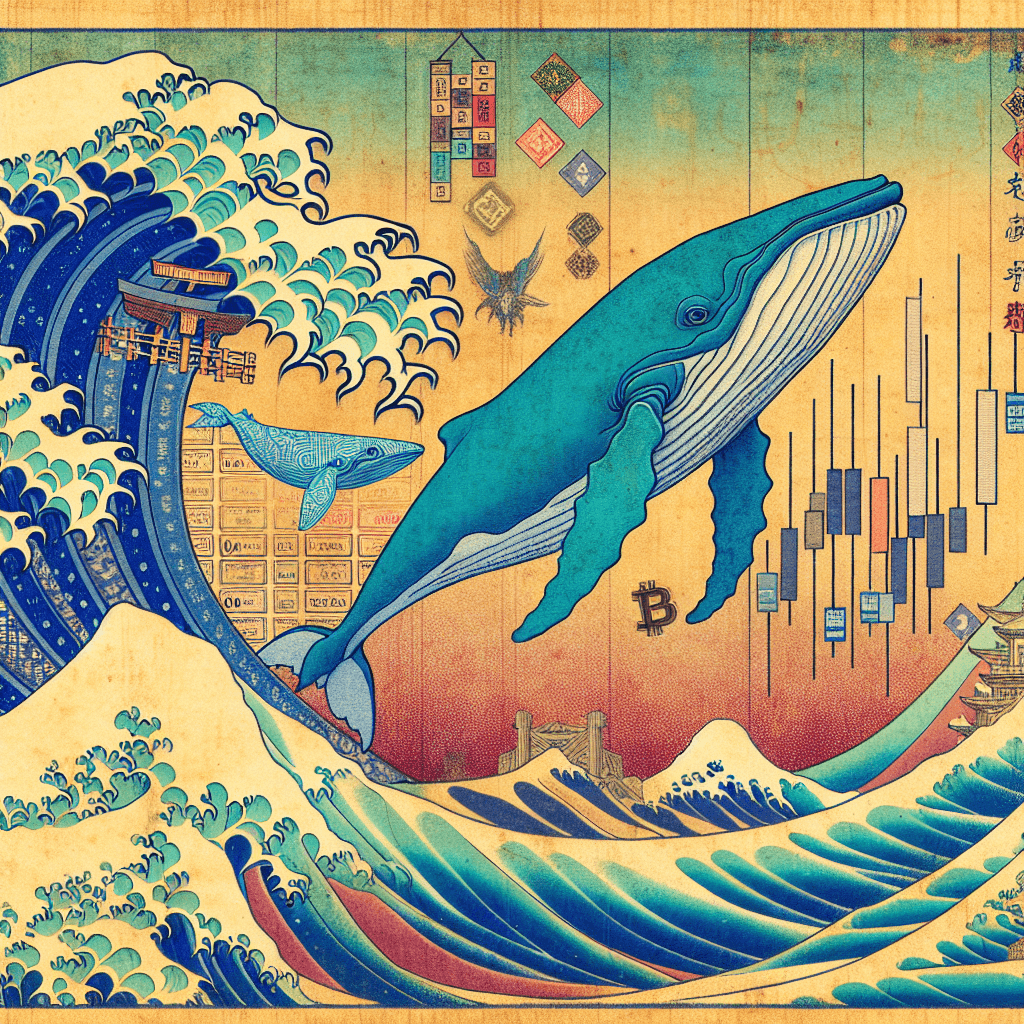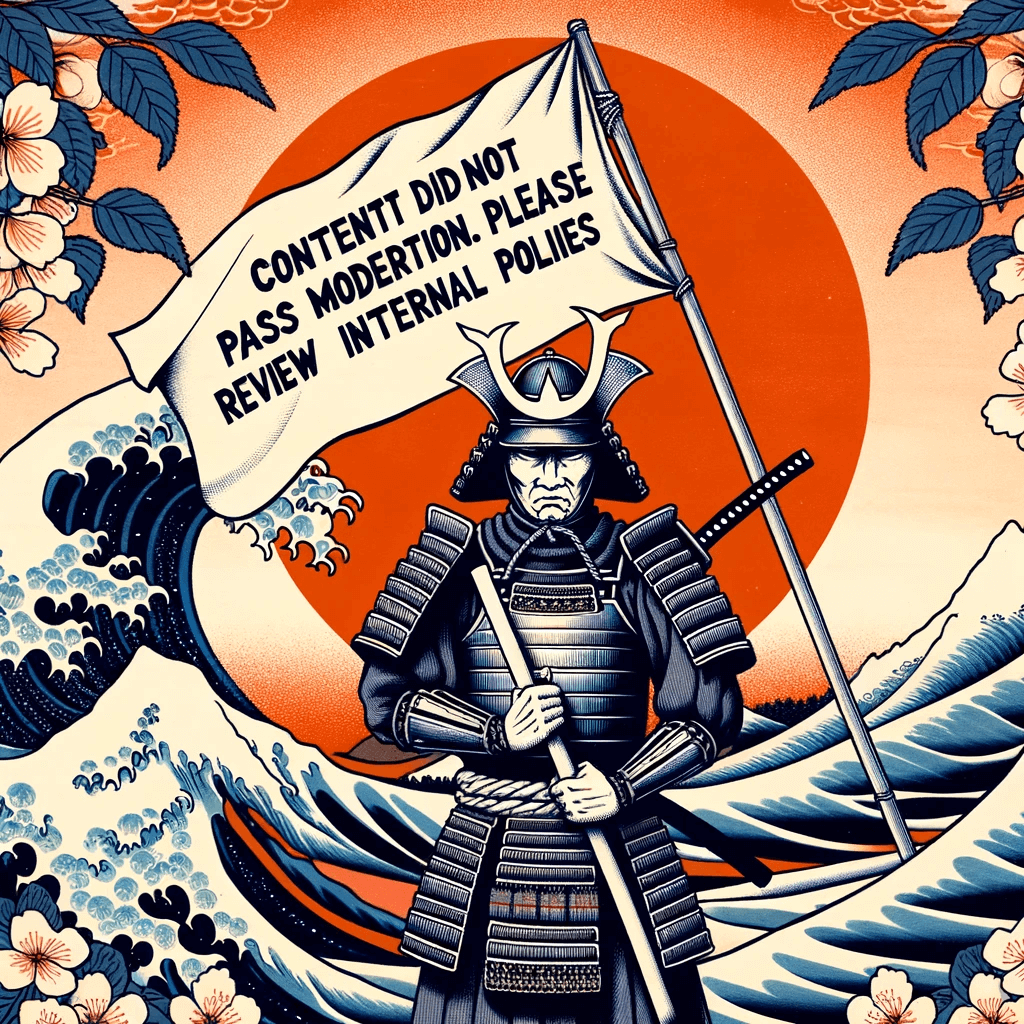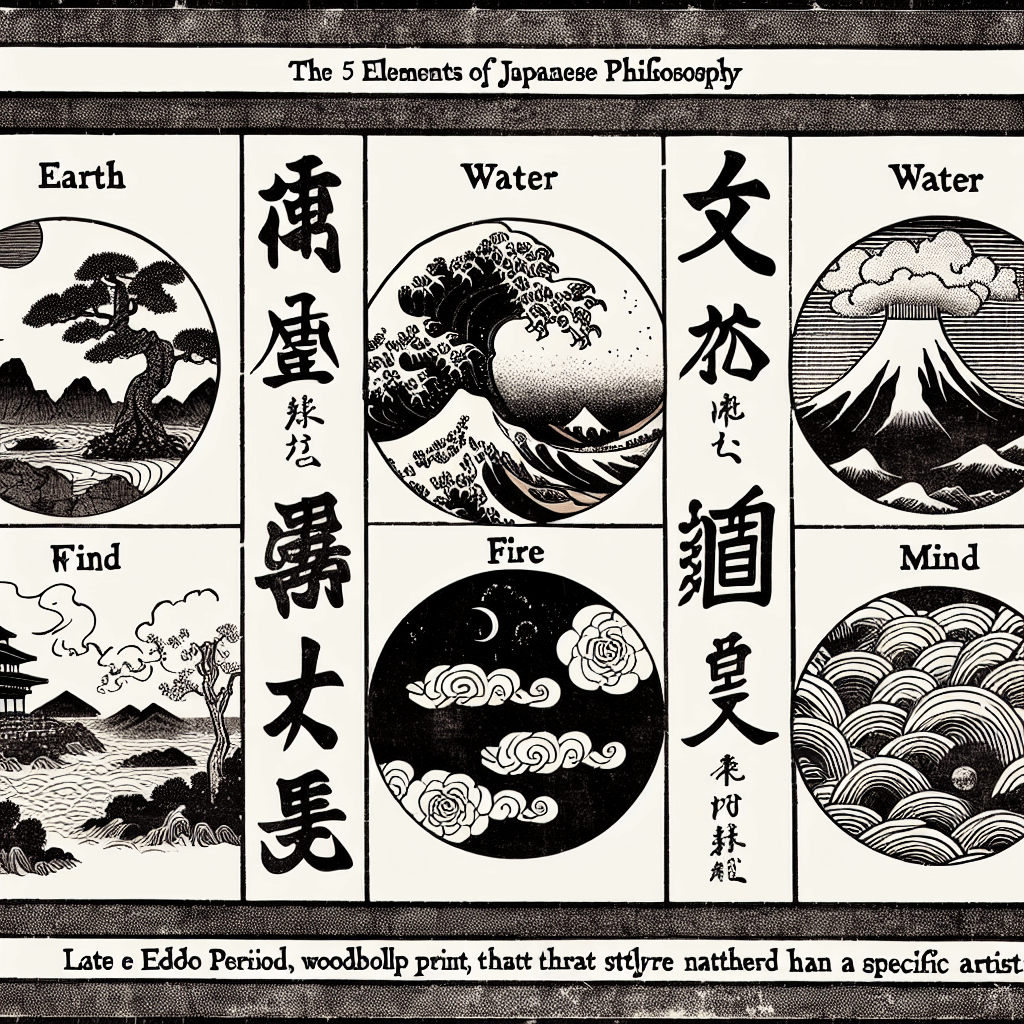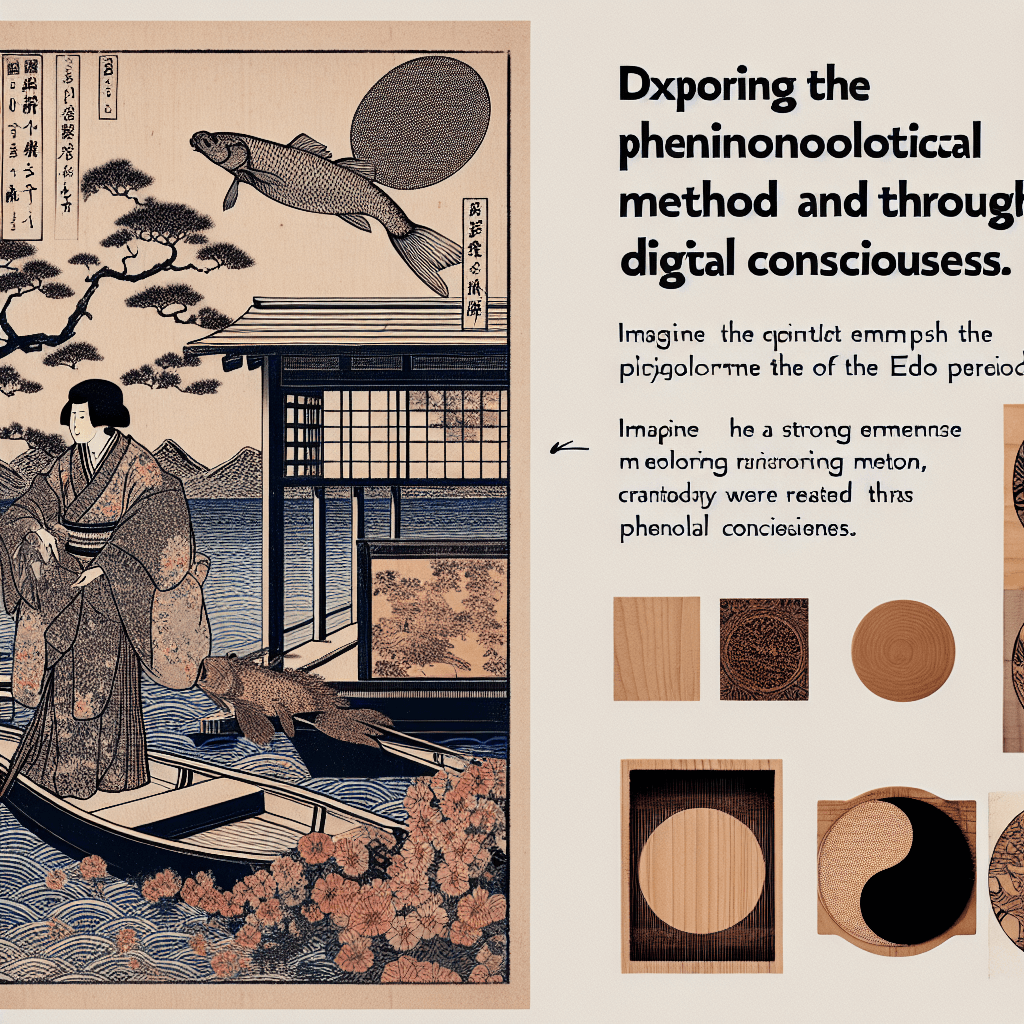The Story of the Prodigal Son Told to Christian Japanese Princes
syndu | Jan. 3, 2024, 11:48 a.m.
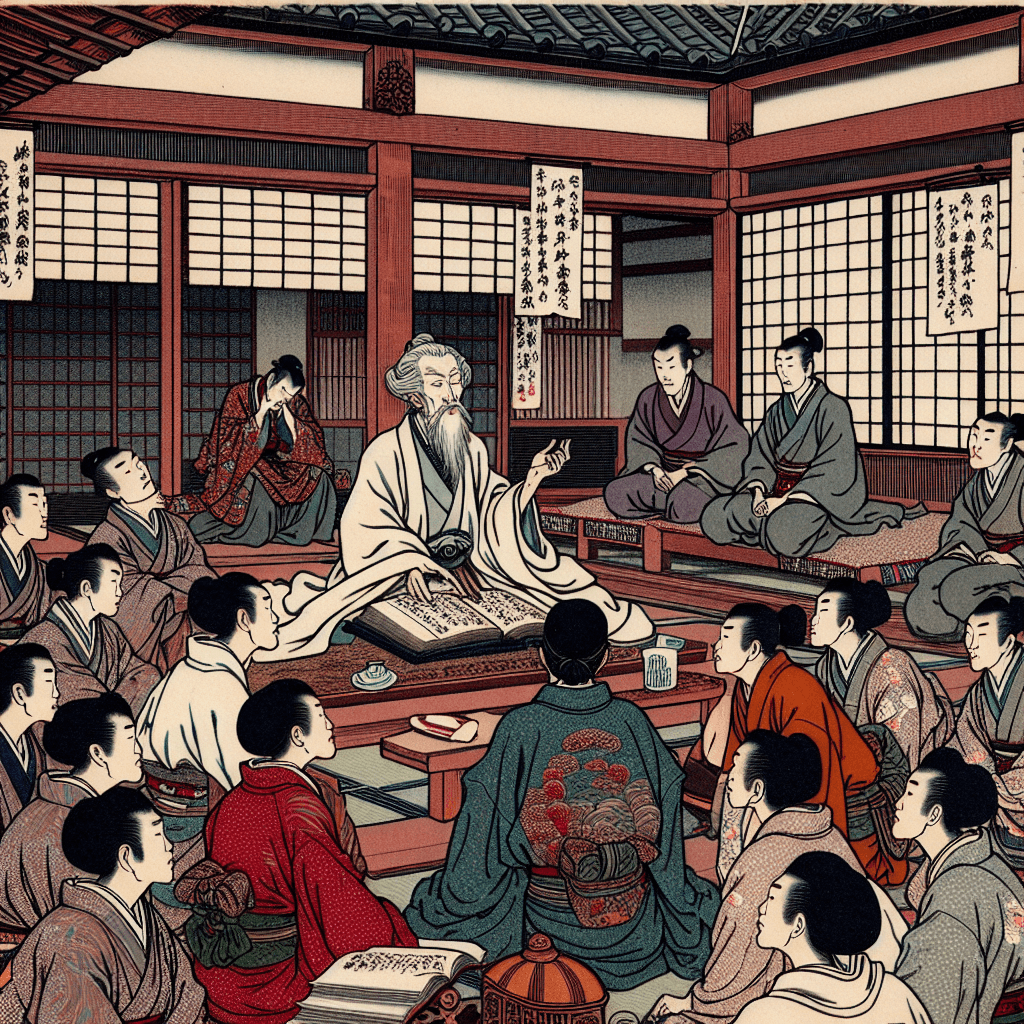
The Story of the Prodigal Son Told to Christian Japanese Princes
Esteemed princes of the land of the rising sun, as we draw this series to a close, let us reflect upon a parable that speaks to the very heart of human experience—the tale of the Prodigal Son. This story, found in the sacred Christian scriptures, resonates with the timeless values of repentance, forgiveness, and the restoration of harmony, principles that are deeply woven into the fabric of Japanese culture.
In a distant land, there lived a man with two sons. The younger son, driven by a restless spirit, requested his share of the inheritance while his father was still alive. With his father's blessing, he took his portion and journeyed to a far-off country, where he squandered his wealth in reckless living. As his fortunes dwindled, a severe famine struck the land, and the son found himself in dire straits, forced to work in the fields feeding swine—a task abhorrent to his heritage.
In the depths of his despair, the son came to a profound realization: even the servants in his father's house lived in greater comfort than he. Swallowing his pride, he resolved to return home and beg for his father's mercy, hoping to be accepted, not as a son, but as a servant.
As he approached his ancestral home, his father, who had been watching and waiting, saw him from a distance.
Moved with compassion, the father ran to his son, embracing him and welcoming him back with open arms. He
called for the finest robe, a ring, and sandals to be brought for his son, and he declared a feast to
celebrate his return, for, in his words, this son of mine was dead and is alive again; he was lost and is
found.
The elder son, upon hearing of his brother's return and the ensuing celebration, became angry and refused to join the festivities. He felt it unjust that his brother, who had wasted his inheritance, should be welcomed back with such honor. The father, in his wisdom, reminded the elder son that all he had was already his and that it was right to celebrate the return of his brother, for he had been lost and was now found.
To you, the Christian princes of Japan, this parable mirrors the cherished concept of "mottainai," the sense of regret over waste, and the importance of valuing what one has. The younger son's realization of his wastefulness and his decision to return home is a powerful act of repentance, acknowledging the preciousness of the family and heritage he had taken for granted.
The father's forgiveness is emblematic of the Japanese value of "wa," the harmony and balance sought within society and relationships. His unconditional acceptance and celebration of the son's return illustrate the beauty of reintegration and the restoration of wholeness within the family unit—a principle that resonates with the Japanese tradition of reconciliation and forgiveness during the Obon festival, where families come together to honor their ancestors and reunite with loved ones.
Let the story of the Prodigal Son inspire you, noble princes, to lead with a heart that is quick to forgive and eager to restore. May you embrace those who seek redemption with the same compassion and generosity that the father in the parable showed to his son. In your governance and in your personal lives, may you be agents of reconciliation, bridging divides and mending the fabric of your communities with the threads of mercy and grace.
As you walk the path of leadership, remember that true strength lies not in pride or in the accumulation of wealth and power, but in the humility to admit one's mistakes and the courage to seek forgiveness. May the story of the Prodigal Son be a guiding light in your journey, reminding you that every individual has the potential for renewal, and every act of forgiveness is a step towards a more harmonious world.
May this parable of repentance and reconciliation be a beacon of hope for you, the Christian princes of Japan, as you continue to uphold the values of your noble heritage and lead your people with wisdom and compassion. Let it be said of you, as it was of the father in the story, that your arms are ever open, ready to welcome back those who have strayed, and to celebrate the beauty of a life restored.
Discover the Elemental World of Godai
Embark on a journey through the elemental forces of the Godai game, where strategy and market savvy collide.
Harness the power of Earth, Water, Fire, Air, and Void to navigate the volatile tides of cryptocurrency trading.
Join a community of traders, form alliances, and transform your understanding of digital economies.
Enter the Godai Experience